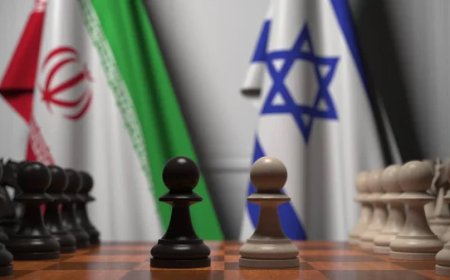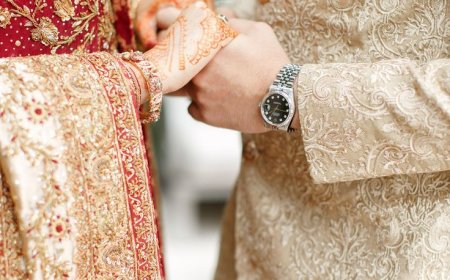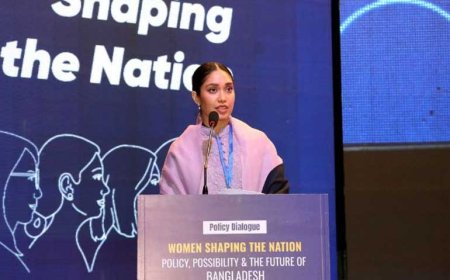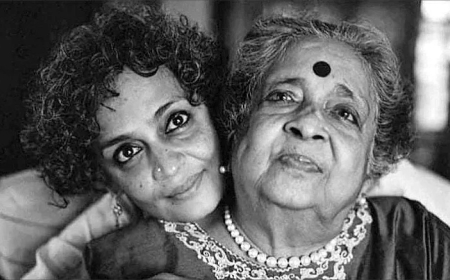Beyond the Formula: Why Inheritance Reform Must Be Gender-Just
A one-size-fits-all formula cannot deliver justice in today's world. The Bangladeshi legal system must reflect the lives and needs of the people it serves.
In Bangladesh, only about 10 percent of land is owned by women. Joint ownership with men accounts for just 2 percent. Among all landowners, 22.7 percent are women, while 77.3 percent are men. Overall, only 8.5 percent of women own land, compared to 52.3 percent of men. These figures alone explain why the Women’s Affairs Reform Commission and the Moitree Jatra movement have demanded legal changes to secure women’s equal rights to property.
However, these demands have encountered strong opposition. Critics argue that religious rules, particularly those found in Islamic and Hindu doctrines, set fixed boundaries that cannot be changed.
In Bangladesh, property rights are tightly linked to personal religious laws. Muslims follow the Muslim Personal Law (Shariat) Application Act of 1937. Hindus follow the Hindu Women’s Rights to Property Act, also from 1937. Religious minorities are governed by the Succession Act of 1925.
Under Muslim personal law, a widow inherits one-eighth of her husband’s estate if they have children, or one-quarter if they do not. A widower, by contrast, receives one-quarter or one-half. Daughters inherit half the share that sons do.
Hindu widows receive only a limited life interest in their husband’s property. They can use the property but cannot sell or transfer it, and after their death, the property reverts to the husband's male heirs. Hindu daughters inherit only in certain conditions, usually if they are unmarried and no male heirs are present. This includes paternal uncles and male cousins.
The Succession Act grants sons and daughters equal shares, and widows or widowers are entitled to one-third of the estate if children exist or one-half if there are none. But this law applies only to the small portion of the population who identify as Christian, Buddhist, or other minority religious group; and it cannot be chosen without formally converting religions.
These legal systems rest on the assumption that men will financially support the women in their families. But in today’s Bangladesh, there is no legal guarantee that this support will actually be provided. In many cases, daughters -- not sons, brothers, or nephews -- are the ones who care for aging parents. Yet sons continue to inherit more, even when daughters contribute equally or more to the family’s wellbeing. In Muslim families with no sons, the law dictates that one-third of the estate should go to paternal uncles and their sons.
Widows often rely on their sons or in-laws for support. But these relationships are not governed by any enforceable obligations. If a widow is childless, she may have to depend on her brothers. Yet most brothers are not in a position to provide reliable support, and many are unwilling to do so.
Divorced women face even greater vulnerability. Current law provides them with no rights to their former husband’s property. A woman who has spent years building a home, raising children, and contributing to the family may end up with nothing after divorce. There is no legal recognition of joint marital property, and no provision for long-term maintenance or support after separation.
The current system assumes that men will take care of women, but this responsibility is neither codified in law nor socially enforced. Can a sister claim monthly financial support from her brother? Can elderly parents demand care from their sons? If the answer is no, then the logic of unequal inheritance falls apart. If the answer is yes, then we must ask what exactly women are entitled to, and who will ensure that those obligations are fulfilled.
Until these questions are answered through legal mechanisms, the argument that men should receive more because they have responsibilities is not credible. Unequal inheritance becomes an unearned advantage.
Despite the real consequences of inequality, reform efforts are frequently dismissed. The reasons given to justify this resistance reveal much about societal attitudes. One argument is that men bear greater financial responsibility. But this reasoning fails when applied to real situations.
For instance, even when sons are financially well-off and daughters are struggling, the son still inherits more. When daughters are the ones caring for elderly parents, while sons are absent or disengaged, daughters still receive less. Women who are not formally employed still provide essential labour. They raise children, maintain households, care for aging relatives, and sustain family ties. These contributions are critical to families and society, but are ignored in legal frameworks.
Another common justification is the belief that a daughter’s marriage offsets her need for inheritance. Her husband, it is assumed, will provide for her. In Muslim families, some argue that the mehr, or dower, promised at marriage compensates for a daughter’s reduced share. In reality, mehr is often a nominal amount. It is frequently left unpaid or waived under social pressure and rarely offers true financial security. It cannot replace rightful ownership of property. It should be noted, that unmarried daughters, who have no husband to rely on, do not have additional rights on property.
Is religion truly the barrier to change? Islamic law, while it does not guarantee equal inheritance, offers a range of tools to promote fairness. These tools are often ignored. In practice, the strongest opposition to reform appears not when women are denied their existing rights, but when they ask for equal treatment. This indicates that the core issue is not religious doctrine but rather the power structures that benefit from women’s exclusion.
Islamic law includes mechanisms that support justice and flexibility. Hibah, or lifetime gifts, and wasiyyah, or wills, allow individuals to distribute property during their lifetime. Islamic tradition encourages fairness among children, regardless of gender. A well-known hadith in both Sahih al-Bukhari and Sahih Muslim recounts the Prophet’s advice to a father who had gifted property to only one of his children. The Prophet instructed him to take back the gift and treat all his children equally.
Islamic law also permits a person to leave up to one-third of their estate to individuals outside the standard line of heirs. These tools can be used to ensure fairness where fixed formulas fall short. Justice is central to Islamic values, and promoting fairness in contemporary society is not only allowed but encouraged.
Hindu inheritance law has evolved in other countries. In India, the Hindu Succession (Amendment) Act of 2005 gave daughters equal rights to inheritance. This legal reform reflects a modern interpretation of Hinduism’s values of fairness and family responsibility.
Bangladesh must follow suit. Reforming inheritance law does not mean discarding religious beliefs. It means acknowledging the economic and caregiving contributions of women. It means ensuring that male heirs fulfill their responsibilities and that inheritance cases are evaluated in light of the realities families face today.
A one-size-fits-all formula cannot deliver justice in a society that has changed so deeply. A modern legal system must reflect the lives and needs of the people it serves.
Dr. Tahsin is an economist and researcher. She is currently an Economist with the Government of Alberta and a Visiting Research Fellow at the BRAC Institute of Governance and Development.
What's Your Reaction?


















































































